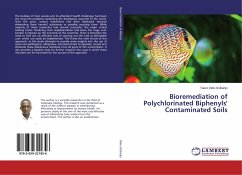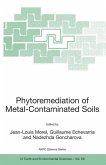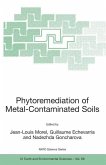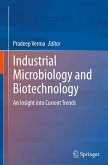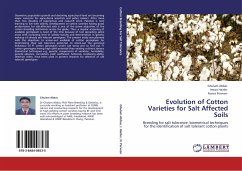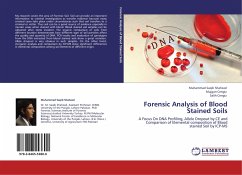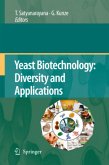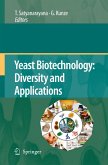The buildup of toxic wastes and its attendant health challenges had been the recurrent problems combating the developing countries of the world. Over the years, various researchers had been dedicated towards eliminating these harmful substances or possibly recycling them. While majority of these researches had proved successful, the major critical limiting factor hindering their implementation had been the huge cost-burden it imposes on the economy of the countries. There is therefore the need to find out an effective way of carrying out this task at affordable cost, which can easily be implemented. This forms the main thrust of this approach, as this study attempts to provide some insights into the use of some non-pathogenic, ubiquitous, microbial strains to degrade, recycle and eliminate these deleterious chemicals from all parts of the environment. It also provides a baseline data for further research into ways in which these microbes can be harnessed for the success of this approach.
Bitte wählen Sie Ihr Anliegen aus.
Rechnungen
Retourenschein anfordern
Bestellstatus
Storno

